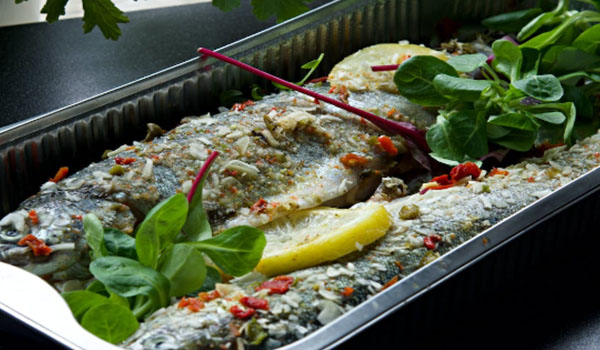Placing Aluminum Foil In The Blue Economy: A Path Towards More Sustainable Seas
The versatility of aluminum foil as a culinary utensil and food wrapper has propelled it to global stardom. Aluminum foil from China Aluminum Foil manufacturers has several applications in the kitchen and is also a good choice for the environment because it can be recycled easily.
The blue economy is a way of thinking about economic growth that emphasizes using marine resources sustainably and responsibly. The maritime, tourist, renewable energy and fishing sectors are all part of it. There have been recent developments in materials and procedures that aim to reduce the impact of humans on marine ecosystems. Unexpectedly, aluminum foil, a common household item, has emerged as a player in this quest for sustainability inside the blue economy.
Aluminum Foil: Multipurpose
Aluminum foil has been used in kitchens worldwide for its flexibility and food preservation. Its lightweight, malleability, and high-temperature resistance make it essential for Packaging, preparing, and storing food. Aluminum foil’s extraordinary characteristics extend beyond the kitchen, giving many sustainable uses in diverse sectors.
Traditional Packaging’s Environmental Impact
The marine ecology is threatened by single-use plastics used for Packaging. Ocean pollution from their non-biodegradability endangers marine life and ecosystems. Since aluminum foil is eco-friendly, it has become a popular alternative to plastic.
Sustainable Packaging Using Aluminum Foil
Aluminum foil from China Bopp film manufacturers is a sustainable packaging solution since it is recyclable, durable, and preserves items well. Aluminum foil may be recycled without losing quality, unlike single-use plastics. Recyclability decreases its environmental impact and promotes a circular economy.
Aluminum foil also protects items from moisture, light, and pathogens, extending shelf life. This trait helps preserve food, reduce waste, and promote sustainable consumption.
Innovative Marine Conservation Applications
Aluminum foil has inspired creative marine conservation and sustainability applications due to its unique qualities. Researchers and environmentalists have studied biodegradable alternatives to single-use plastics in Packaging and marine debris.
Biodegradable Packaging constructed from natural fibers and aluminum foil may reduce marine pollution. These materials disintegrate quicker than plastics, reducing marine ecological and animal damage.
Aquaculture And Ocean Research Aluminum Foil
Sustainable techniques reduce the environmental effect of aquaculture, a blue economy staple. Aquaculture uses reflective aluminum foil to build floating barriers to prevent predators and safeguard fish farms. Aluminum foil is also utilized in oceanographic research equipment for data collecting and monitoring, helping us understand marine habitats.
Challenges And Prospects
Aluminum foil is eco-friendly, but harnessing its blue economy potential is difficult. Recycling infrastructure, customer awareness, and technological advances are needed to use aluminum foil in sustainable practices.
Material science and engineering advances may enable more inventive and eco-friendly aluminum foil uses. Industries, governments, and environmental groups must work together to remove obstacles and promote aluminum foil as a sustainable alternative.
Aluminum Foil Recyclability
Recyclability makes aluminum foil appealing. Aluminum does not deteriorate after recycling, unlike many other materials. In a circular economy, it is helpful because it can be recycled without losing quality.
